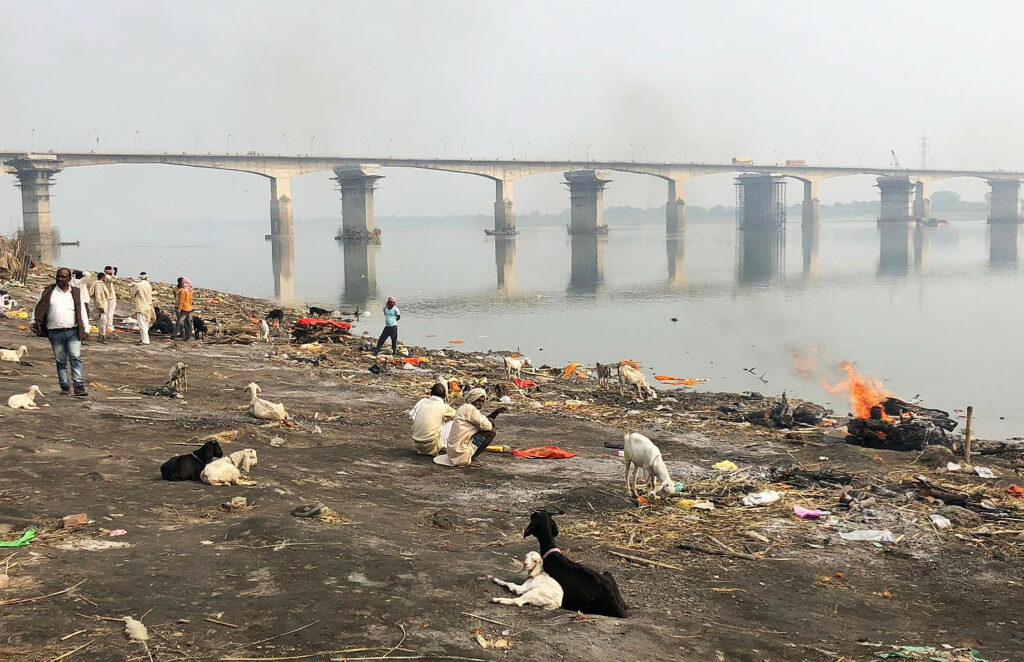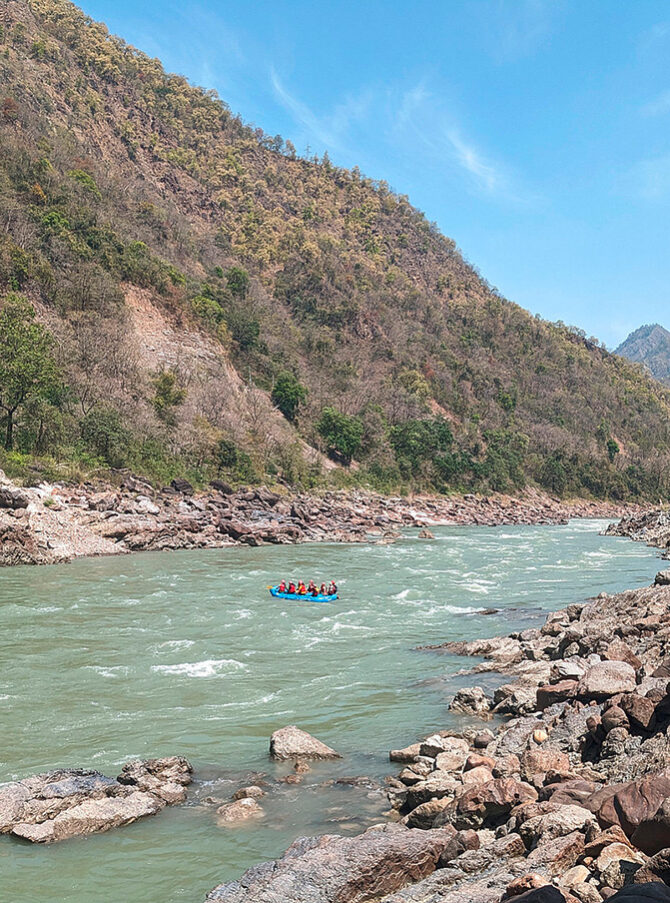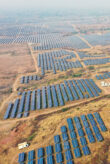World Water Day on 22 March – measuring the water quality of the Ganges is the focus of a PTB development cooperation project
India’s holiest river is considered the embodiment of a river goddess and is also often called by the same name: Mother Ganga. According to Hindu belief, whoever bathes in the river will be spiritually purified. For many, the Ganges is also the sole source of drinking water, which is generally unfiltered. Yet this river is one of the most polluted in the world. The UN’s World Water Day on 22 March will examine the far-reaching impacts this pollution has – ultimately, peace and conflicts between groups of people can depend on whether water is clean or polluted and whether it is abundant or scarce. Since the importance of clean water extends to human health and prosperity, experts from the Physikalisch-Technische Bundesanstalt (PTB) have lent their support to ensuring reliable measurements of the Ganges’ water quality in a cooperation project with partner institutions in India.
On 22 March of each year, campaigns and projects are held to provide comprehensive information about water. This year, the UN’s World Water Day has the motto of “Water for Peace”: water can bring about peace or stoke conflict. Prosperity, health and quality of life are dependent on water. The aim of World Water Day is to draw attention to this essential natural resource, thereby also contributing to fair access to water for drinking and other purposes, and to its sustainable use.
On World Water Day 2024, PTB expert Franziska Wende will travel to India’s capital city of New Delhi to coordinate and strategize with the stakeholders of a cooperation project. The project is titled “Strengthening quality infrastructure for monitoring the surface water in the Ganges River”.
The Ganges is India’s holiest river. Bathing in it is said to free one of sin and increase the chances of a good reincarnation. A sip of its water is said to free one of illness. For millions of people, it is the source of their drinking water – and is generally unfiltered. Yet all of this entails danger, for the water of the Ganges is highly contaminated with pollutants from millions of cesspools, from untreated waste water (in some cases highly toxic) from sources such as the leather industry, from the ashes of the many cremation pyres along the river and from many other sources. “Mother Ganga”, on whose help so many pin their hopes, is herself in need of help. The scale of the problem has prompted the Indian government to seek support from abroad.
PTB has become active in this area via a Technical Cooperation project for measuring water quality in the Ganges. As hydrologist Franziska Wende assesses the situation, “PTB’s high degree of expertise in precision measurement, combined with the longstanding collaboration with our partners in India, lends weight to our project. Because we are trusted, we can have a significant impact.”
The project began in 2018 and is being funded by Germany’s Federal Ministry for Economic Cooperation and Development (BMZ). A team of PTB experts is active in an advisory capacity in order to improve monitoring of the water quatily of the Ganges. After all, rising above this misery will only be possible if reliable measurements are furnished. As Wende explains, “Our aim is to enable all of those involved to work in accordance with the internationally recognized rules of quality assurance. This will be done via procedures, calibrations and accreditations – tools that will ensure that measurements are reliable.

Wende and her team have organized training sessions and consultation services, brought together stakeholders from various laboratories and government agencies and are collaborating on a data network for water quality. In her expert view, “It’s important to collect data on the river at each location and to draw the correct conclusions from this data.” Besides India’s national metrology institute, PTB’s main local partner institution is the National Mission for Clean Ganga, NMCG, which has made it its goal to determine the extent of the pollution in the Ganges and to eliminate this pollution. Wende is pleased with the initial successes the cooperation has yielded. For example, PTB’s advisory services have helped analysis labs become accredited, allowing them to prove that they work in accordance with international standards.
On World Water Day, international cooperation is in the spotlight in India as well: PTB’s international team of experts from Germany, France and India will investigate the water quality together with the Indian authorities by taking samples at various locations for two weeks.
After several on-site visits, Wende describes her personal impression of the situation: “At times, it’s depressing to see the pollution in the Ganges. Yet we’ve also noticed how we can boost awareness of the importance of clean water with our work. Our project helps protect people’s health when they experience the spiritual effect of the Ganges. And knowing that is a good feeling!’
Cover image © PTB / Franziska Wende








